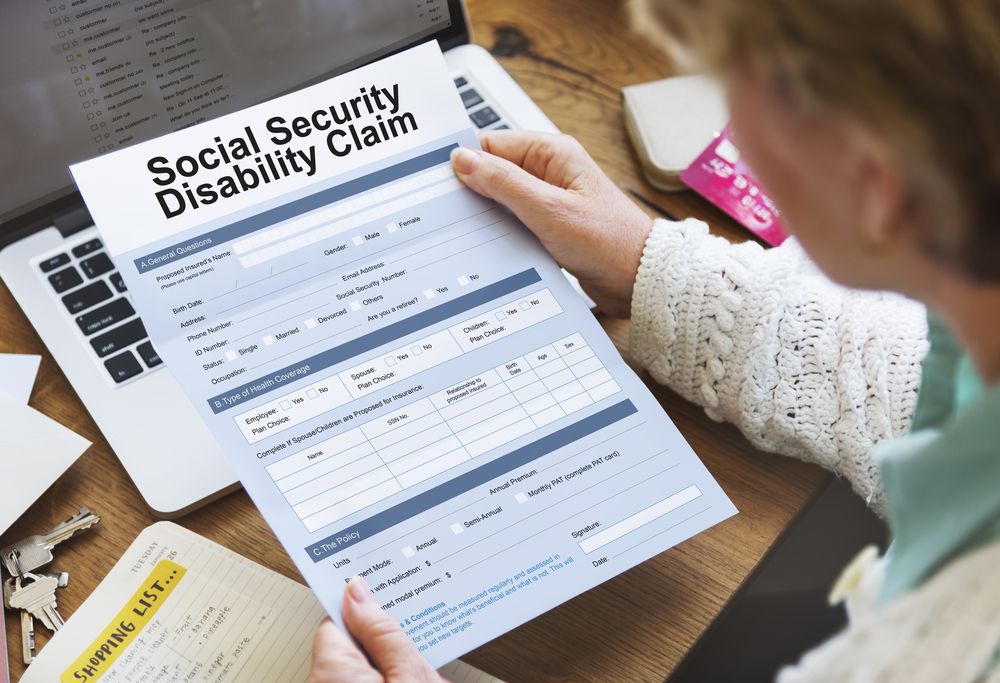If you have a personal injury case, most often your case will be settled within a few years, between your attorney and the insurance companies. There are times when your attorney won’t be able to come to an agreement with the insurance on what is fair compensation. They might even disagree on the facts on the case and who is at fault for the accident. In these cases, your case will move to a litigation phase. If your case is in a litigation phase, this means that you’ll be moving the case to a point where a third party decides the result of the case. This third party can either be an arbitrator, a judge, or a jury.
Since judges and arbitrators often do litigation cases like this for a living, they have seen similar cases before. But jurors usually are new to the legal world, and they have their own unique backgrounds they bring with them. There are some cases where the jury can make or break the end result, depending on what backgrounds and natural biases they bring with them.
One role attorneys play is deciding who should be on the jury, since this does play such a huge role in the outcome of the case.
Jurors
A jury is made up of ordinary people in your local area. They can come from all walks of life, and most of the time they have no legal background. With their diverse backgrounds, they have things that affect their decisions: age, careers, education. There are some who have been in car accidents or tripped and fell. Some have back pain or have family members who need assistance after an accident. There are also some in the jury who might not have as much sympathy as others.
Because of all these differences, you are more likely to get a fair decision at the end of the trial. They will all bring their different backgrounds to come to a conclusive decision together.
What Can Affect A Juror’s Decision?
There are many things during a trial that can affect a jury’s decisions as well.
The first impression you give the jury can be a huge deciding factor in your case. Your demeanor and appearance, as well as professionalism and likability can all affect a jury. Though they promise to be impartial, it’s human nature to let things like this guide our decision.
This means that when you prepare to be judged by a trial, you should try your best to look your best. Try to connect with the jury.
Emotional vs. Logical
Emotion can really sway an audience. If you or a family member provide an emotional or compelling testimony, you can really draw in the jury. Most will try to balance facts with emotion, so having both will be good for your case. Understanding how a jury thinks will be good for you as your attorney builds your case. Your attorney will be making sure to balance logic with emotion, and if you understand that as well, you can work better with them.
Credibility
A jury is often going to be looking for credibility in your case. They are going to be looking for honest witnesses, experts on your injuries or accidents, authority figures, and consistency in the story. The more that your jury can see how your story came together, the more they will believe your story and agree with your side. The more credible your story is, the better your case will end.
One issue many jurors might have is believing that your injuries are real. There is a bias in many that personal injury cases are fake, and people are pretending to be injured for money. We know that serious injuries should be compensated for, and yours should be as well.
It is important for you to know that during a case, everything will be looked at and scrutinized, but the truth will win eventually. Do not let any criticism or backlash make you unconfident in your case. Your personal injury attorney will do their best to show the truth.
Deciding a Jury
It’s your attorney’s job to make sure they find the right jury members that will be best for your case. During the decision process, there might be some personalities that dominate the conversation or influence others. Other jurors might follow along in a conversation and agree with whatever the dominant party says. If your attorney lays out the facts in an easy and clear manner, it will help these factors to not be as effective.
Juries are often just focused on the result of the case being “fair.” When you know this, it can help you and your attorney create the best argument.
When your personal injury attorney, and you, understand a jury, you can make your case better. A case is not just the evidence you provide, it’s how you present it.
The personal injury attorneys at Flickinger Boulton Robson Weeks have professional court experience. They will be able to provide you with the best care in the court and out of it. You will not have to be worried as you move into a jury trial.
Talk to a Utah Litigation Lawyer from Flickinger • Boulton • Robson • Weeks
If you have a personal injury claim, contact Flickinger • Boulton • Robson • Weeks at (801) 500-4000. A professional and knowledgeable litigation lawyer will listen, explain your options, and guide you through the next steps.


